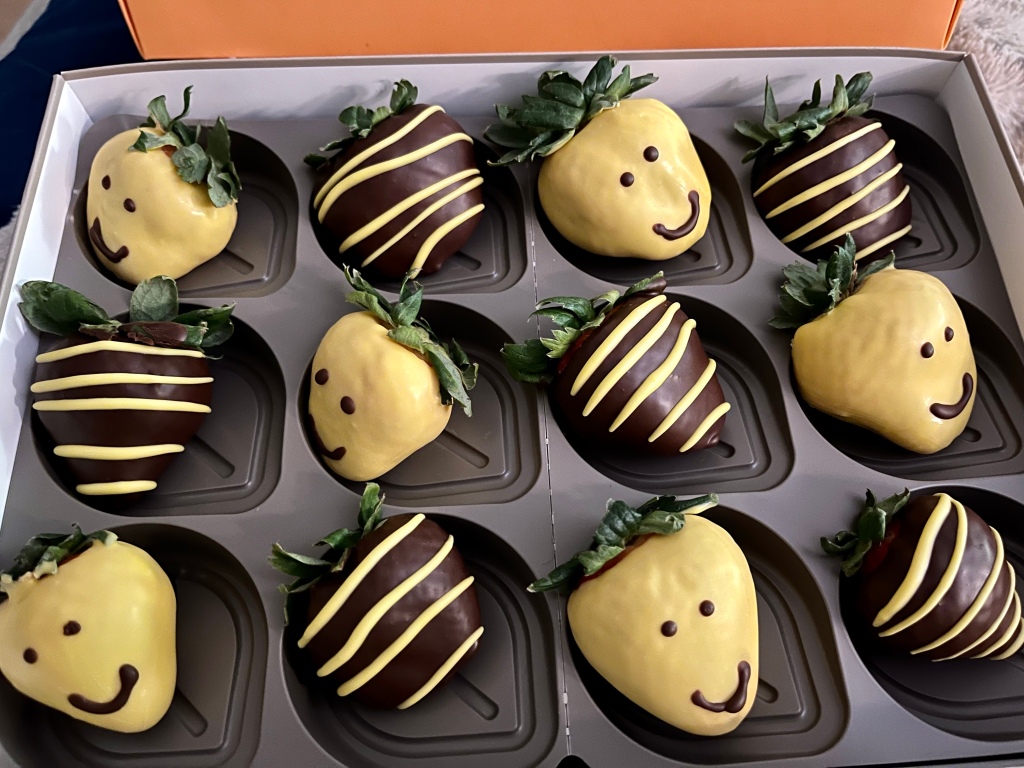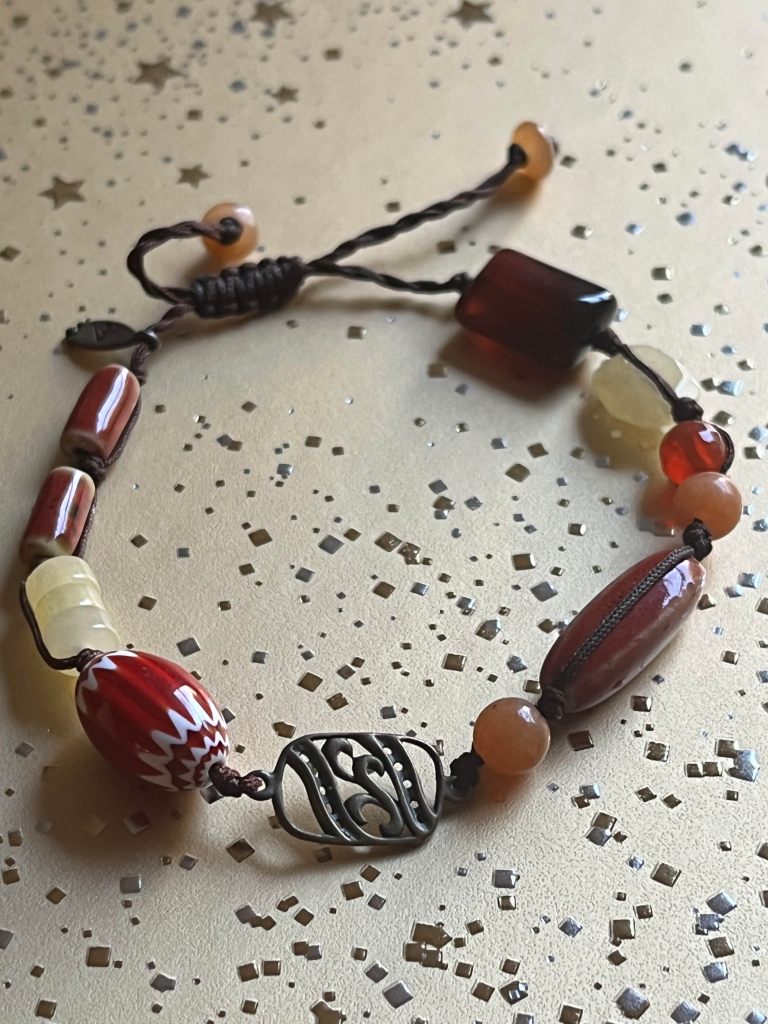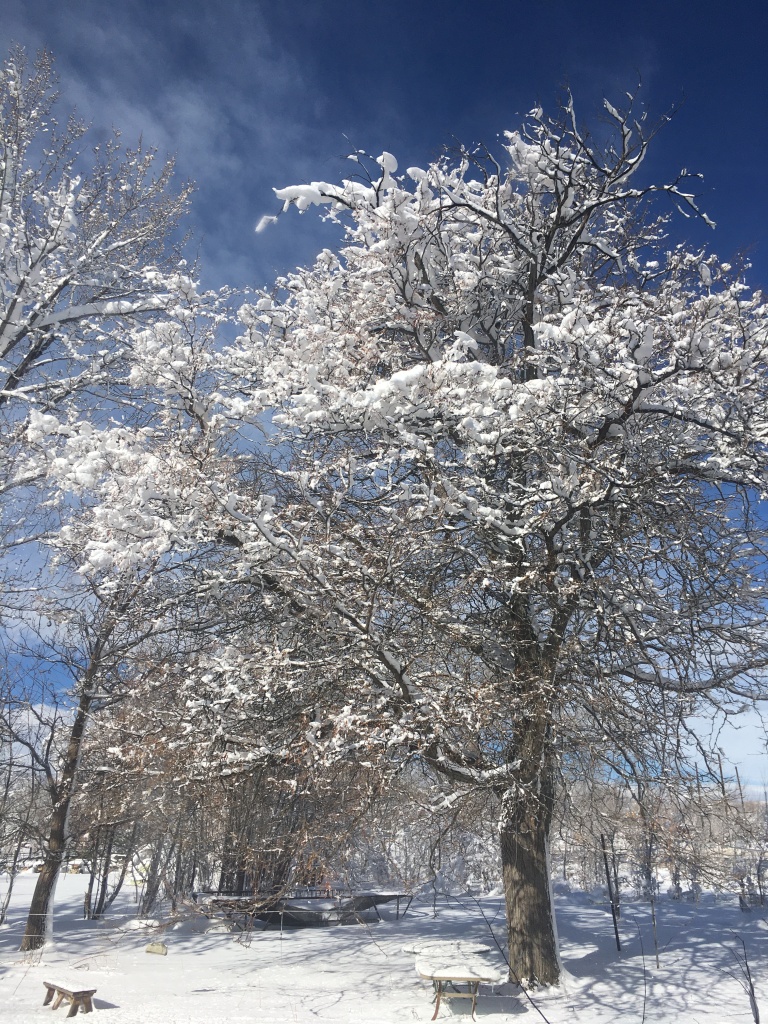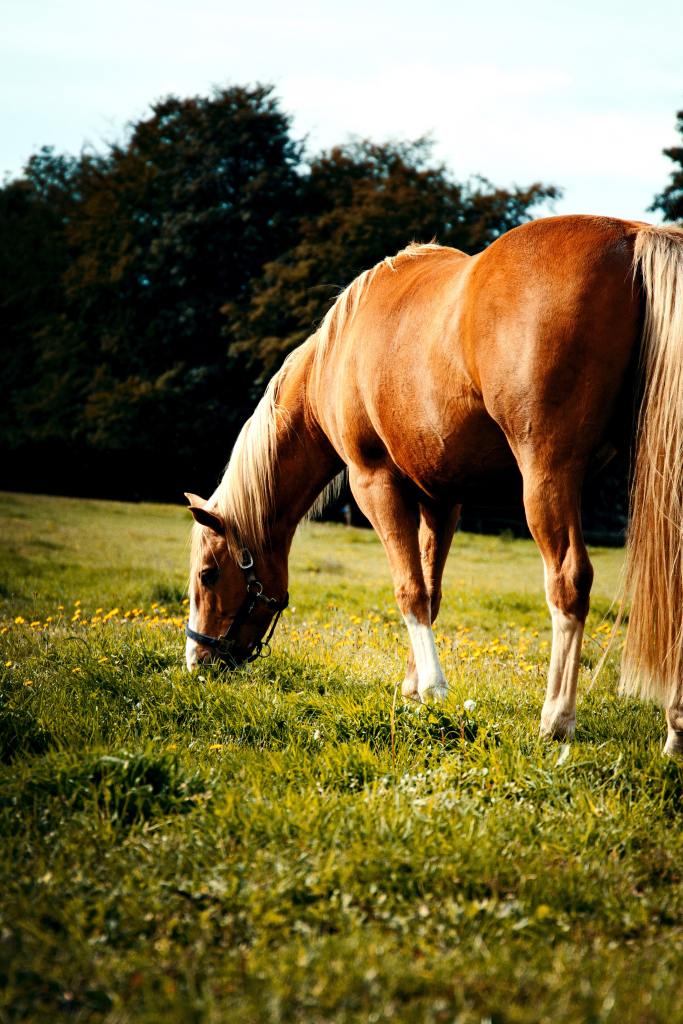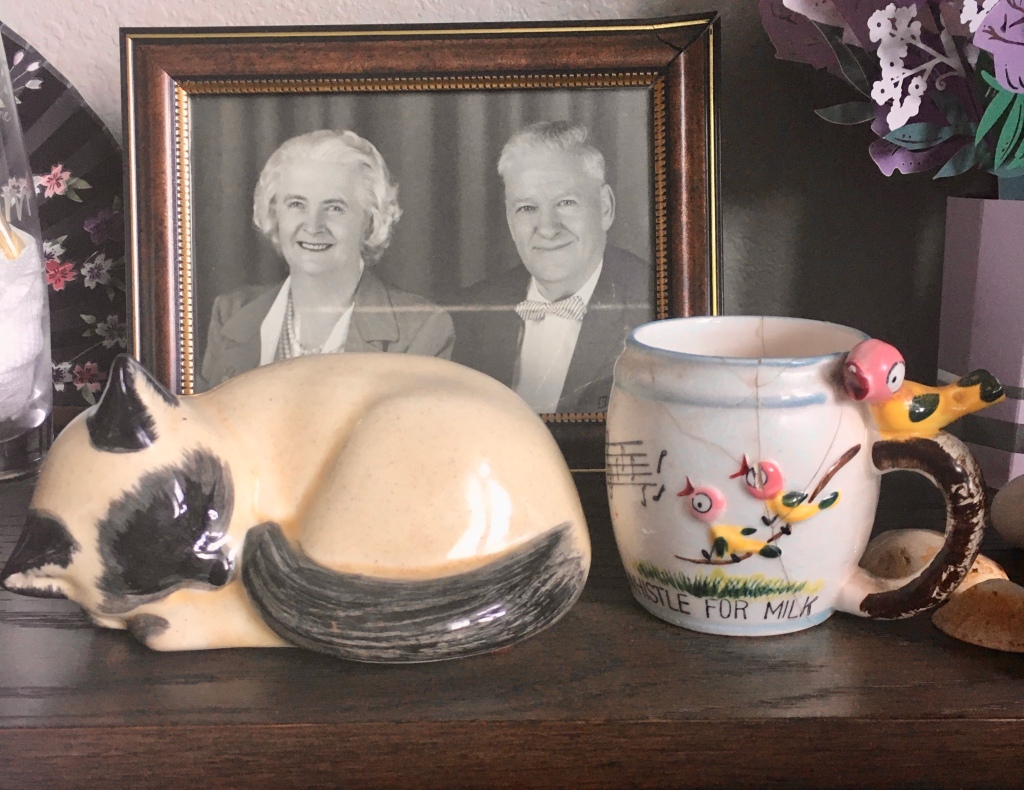This is a love letter to graduate students trying to get through your masters thesis or your doctoral dissertation. I know the angst you are feeling. I know the frustration, despair, fear, anxiety, and desire to just quit the whole thing and walk away. I also know the desire to be done, to claim the credentials, to step into your credibility, to move into the world as an expert. I’ve had all these feelings and so many more.
I want to encourage you to stick it out. My example may give you some solace in the rough moments. I wrote my masters thesis using a typewriter. I hired a typist who was my partner in crime throughout the entire process. To this day, I am eternally grateful to Rick Soller for the role he played in my completing the process. I put all of my blood, sweat, and no small amount of tears into that project. After my oral defense, my committee wanted me to change six paragraphs. Six.
I had had enough. As I walked home from my oral defense, I reminded myself that I didn’t have to prove anything to anyone. I didn’t need to get a masters degree.
And I quit!
When I got home, I put all of my work into boxes and along with the typewriter, put everything thesis related in the basement of the home I was living in. I told my roommates and my typist that I quit, and we celebrated with wine and coq au vin. After dinner, we went outside and played in the rain. It was so liberating! To this day, that was one of the most glorious meals of my life and one of my most memorable days. I was free! We laughed and played and drank and ate. It all felt so good! For six glorious weeks, I did nothing. I didn’t think of academics. I didn’t think of myself as an academic. I didn’t think of my thesis. I had quit.
Toward the end of that six weeks my typist, Rick, came to me and said, “You know, we’ve put a lot of time and effort into this, why don’t you just finish it. It’s six paragraphs.” He made sense. He helped my lug my boxes and my typewriter from the basement back upstairs and we reclaimed our space in my largely unfurnished, dining room, and in one afternoon, with Rick’s typing support, I finished my thesis.
You already know this, but in case you need a reminder, you are on a unique path. According to US census data, only 1.68% of the adult (25 and over) population in the U.S. (2.5 million people) have PhDs. An additional 1.48% hold JD, MD, DVS, EdD, and other doctoral degrees. That means that a total of 3.16% of the total population (fewer than 5 million people out of 342 million) can be referred to as doctor. The average age of a PhD graduate is 33. Only 12% of the US population hold a masters degree.
No matter how you look at it, your earning these degrees puts you in a very exclusive group.
What I learned from my masters experience was that I would likely hit the wall during my doctorate. And hit the wall I did, hard! I don’t remember what the tipping point was. I do remember how incredibly sure I was that I was done. I hated my dissertation at that point (even though I loved it, and was doing exactly what I wanted to do). I didn’t want to think about it, see it, or deal with it. This time I closed everything into the second bedroom of our apartment and forgot about it for two months. I had recently been married, and I asked my husband, Bob, not to mention my doctorate or my dissertation.
I quit!
Bob knew the story of my masters experience, so he didn’t protest. This time I knew the likelihood was that I might come back and finish, but I needed a break. I needed the dissertation out of my head. I needed it out of my sight. I needed the freedom of not having it hanging over my head. For two lovely months, I soaked up the sun by the pool, read trash novels, and reminded myself how to breathe.
After two months of freedom, I was ready to pick it up and finish. I had wanted my doctorate. I had wanted to be a university professor from the time I was a child. It was a dream I was not willing to part with, even though the process was exhausting, and I felt that I was undergoing hazing to get into an exclusive club that I wasn’t really sure I wanted to join.
In both cases, I was smart enough not to tell any of my professors or my committees that I quit. As I saw it, that wasn’t their business.
As I saw it, when I became a professor, I would have the opportunity to do things differently with my students. And I believe I have. I try to be a supportive, nurturing, mentor, who will be by your side, and do whatever it takes to get you done. That said, I am also demanding. But those things are stories for other days.
What is my message for you today?
- There will come a time when you hate your thesis or your dissertation and you don’t want to finish.
- There will come a time when you’re not sure all of this hazing is worth it.
- There will come a time when you need a break. It may be for one day, six weeks, two months, or much longer. It’s OK.
- It’s worth it! I have lived a wonderful life following the career of my dreams. I believe I have made a positive difference in an immeasurable number of students’ lives. It’s not all sunshine, lollipops, and rainbows on the other side, but it’s the best career I could have imagined.
- Lean on your supportive tribe, the ones who will both accept you, and when the time comes to put your nose to the grindstone again, encourage you to finish. Getting a graduate degree is a marathon. It’s not a sprint.
- And finally, I’m here for you. If you need support reach out. I’ve got you!
- Most importantly, you’ve got this!
Onward!!!



